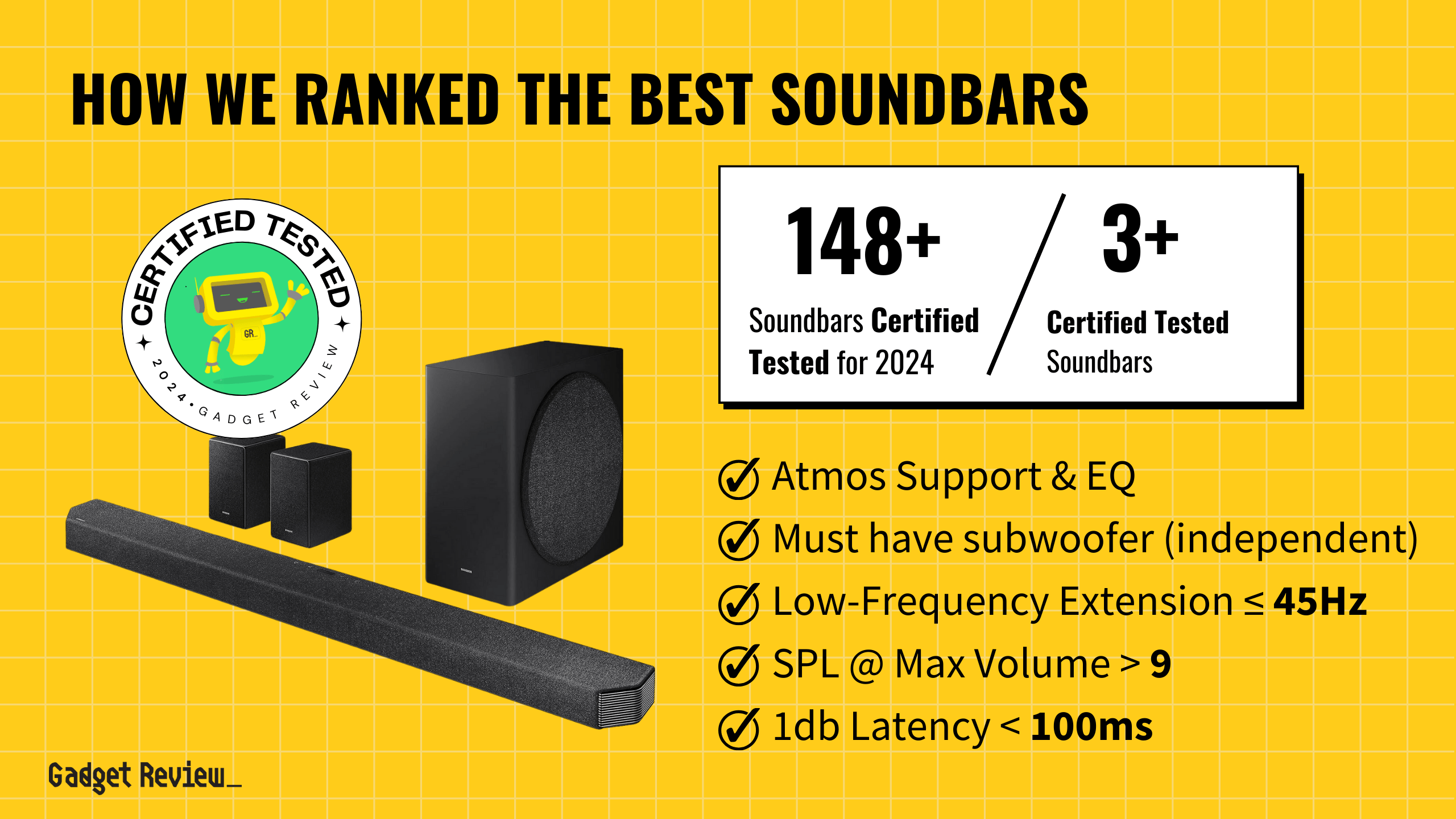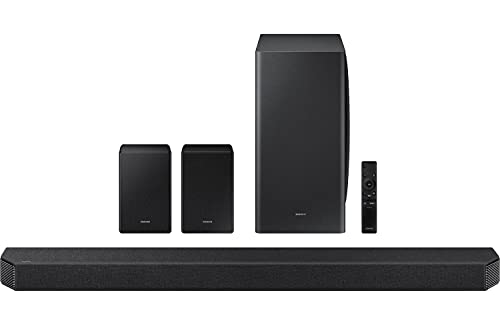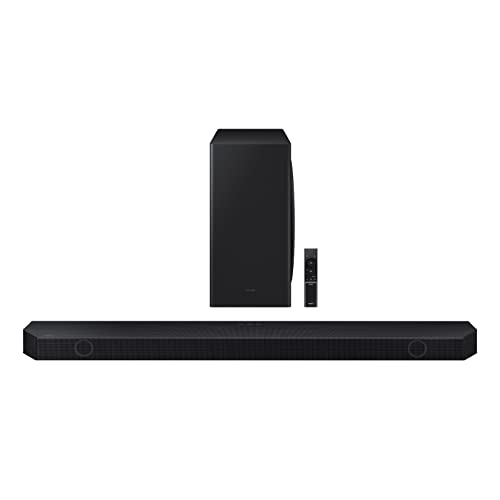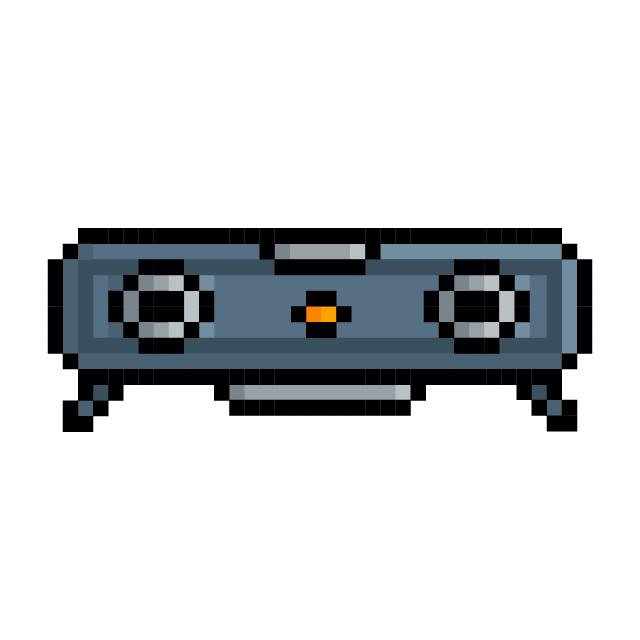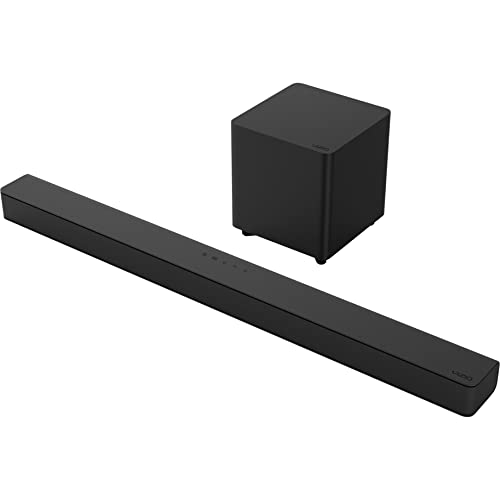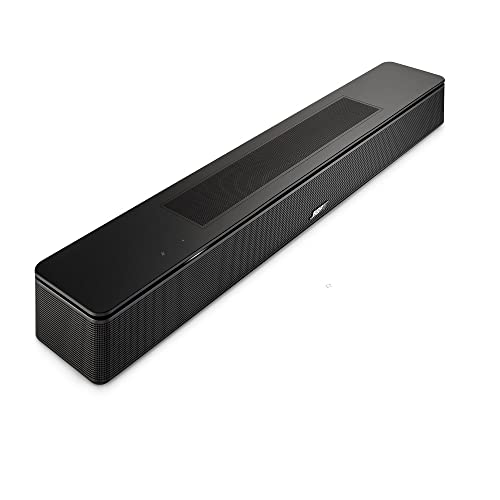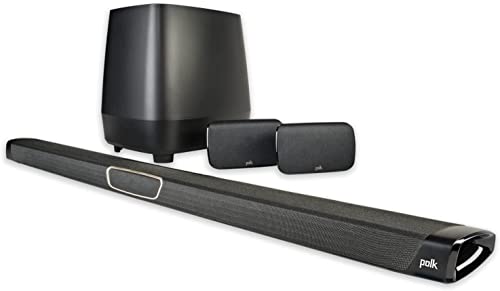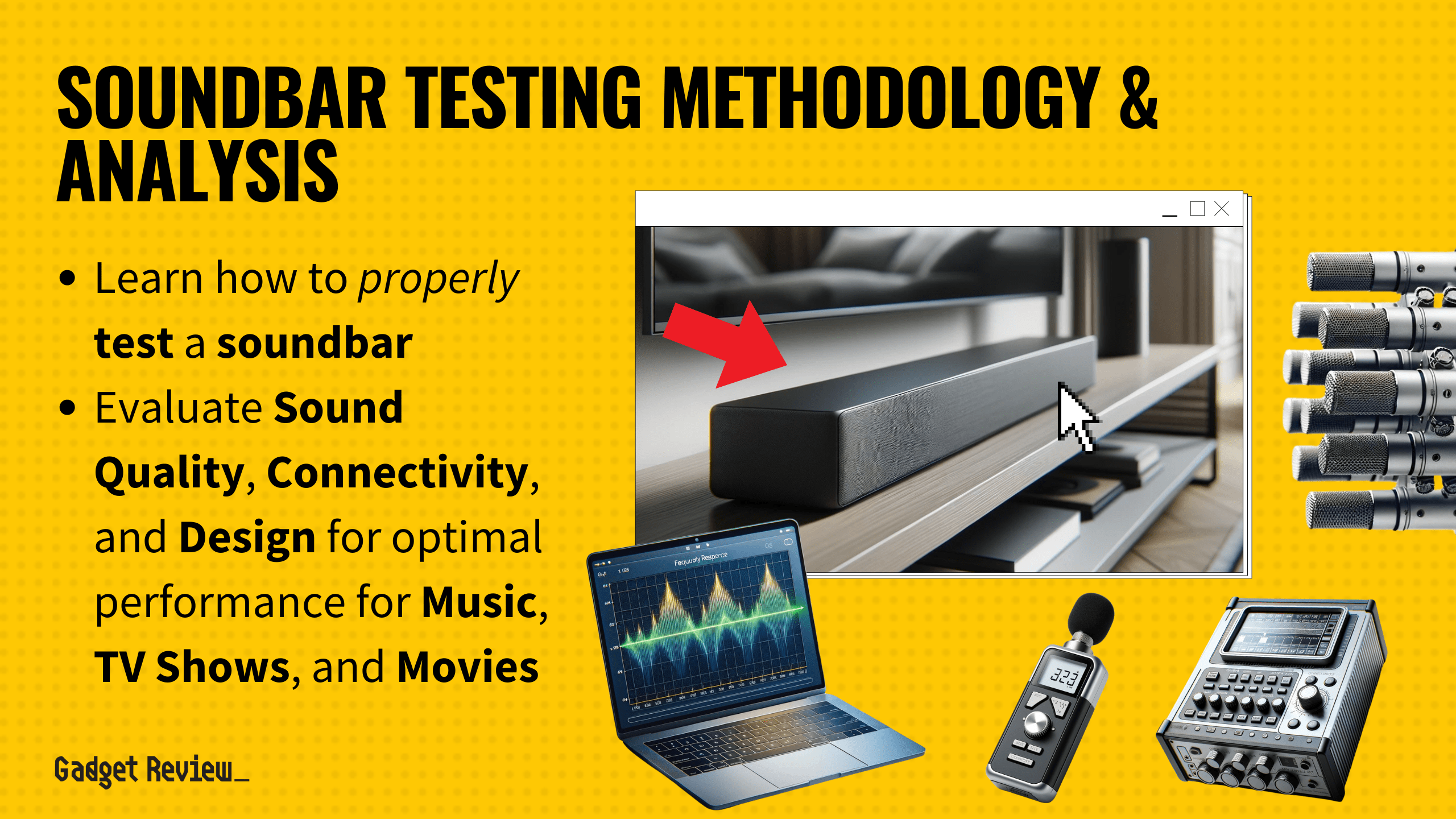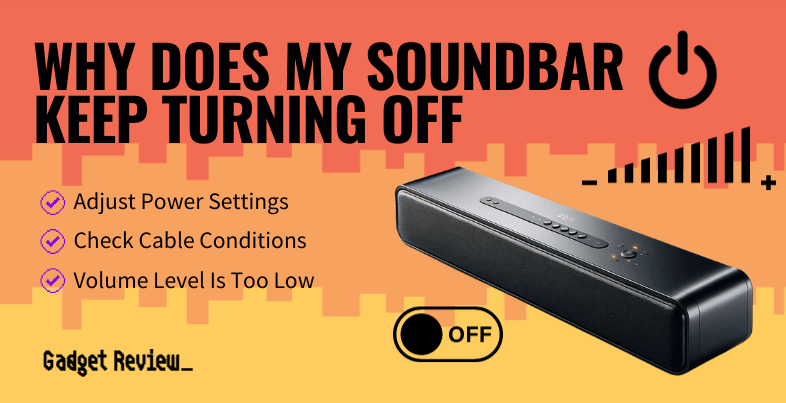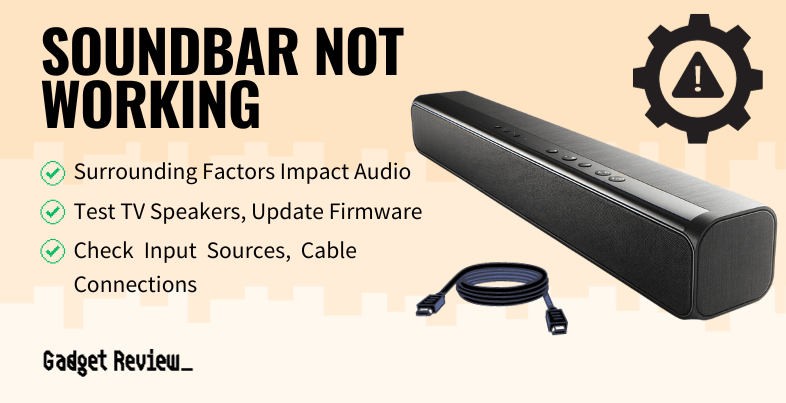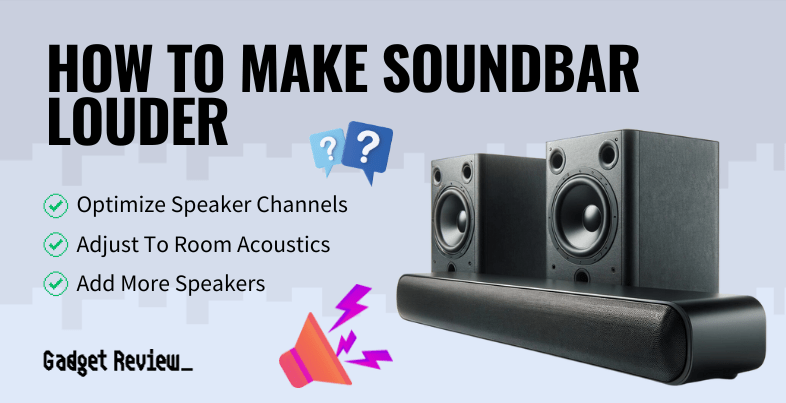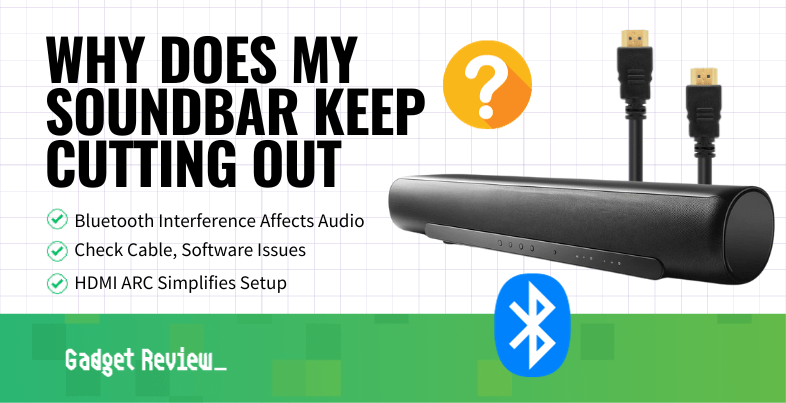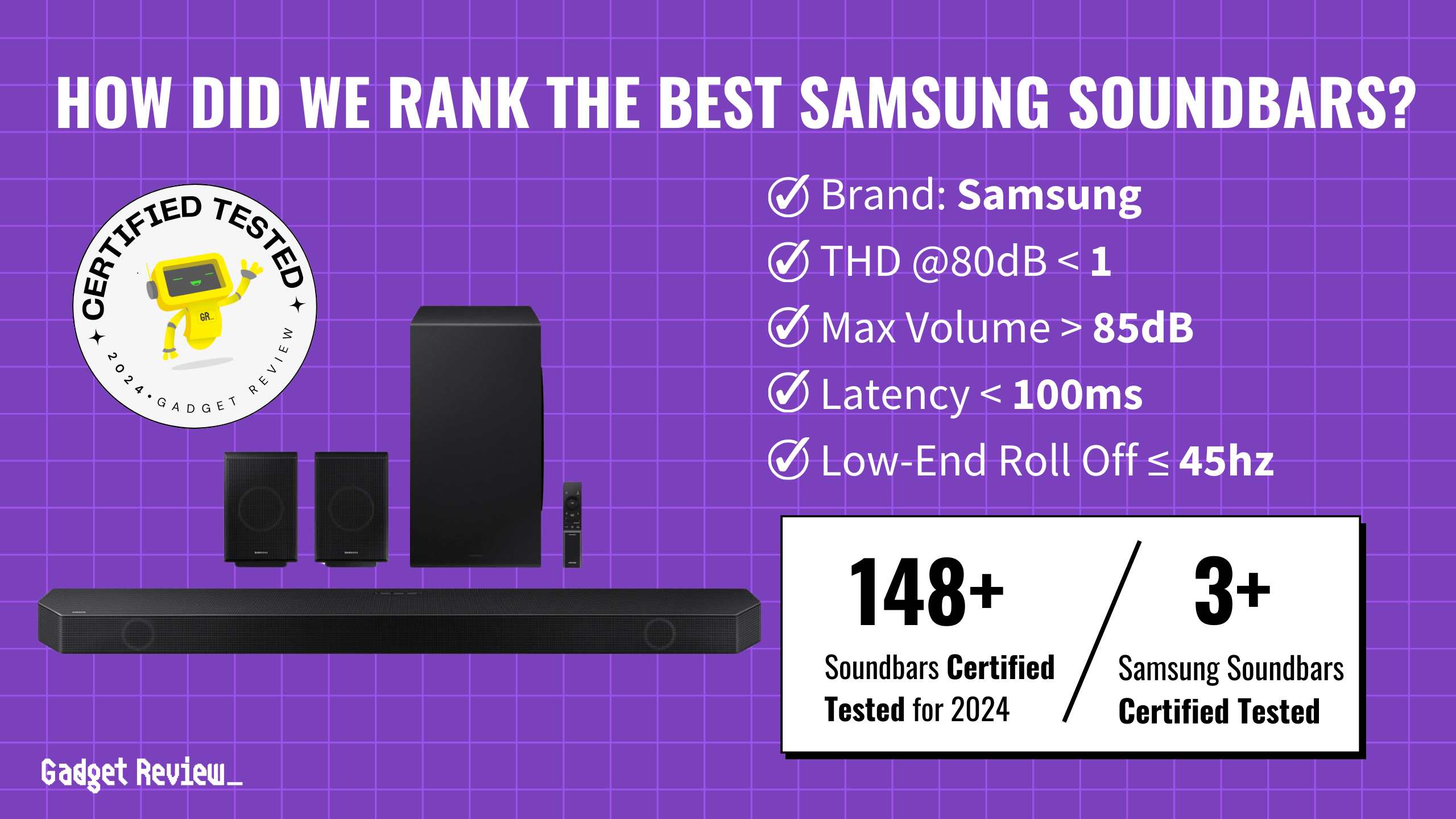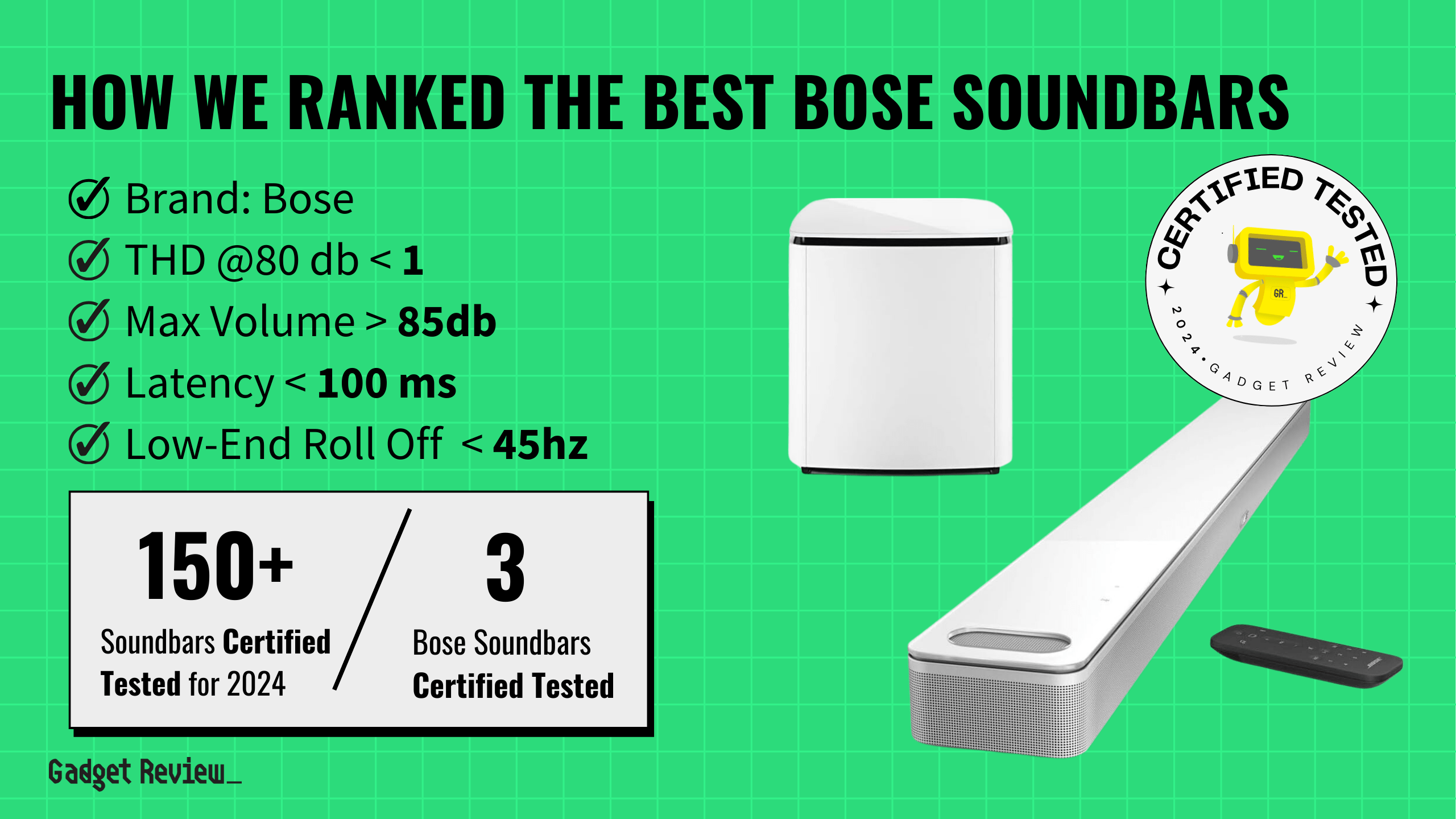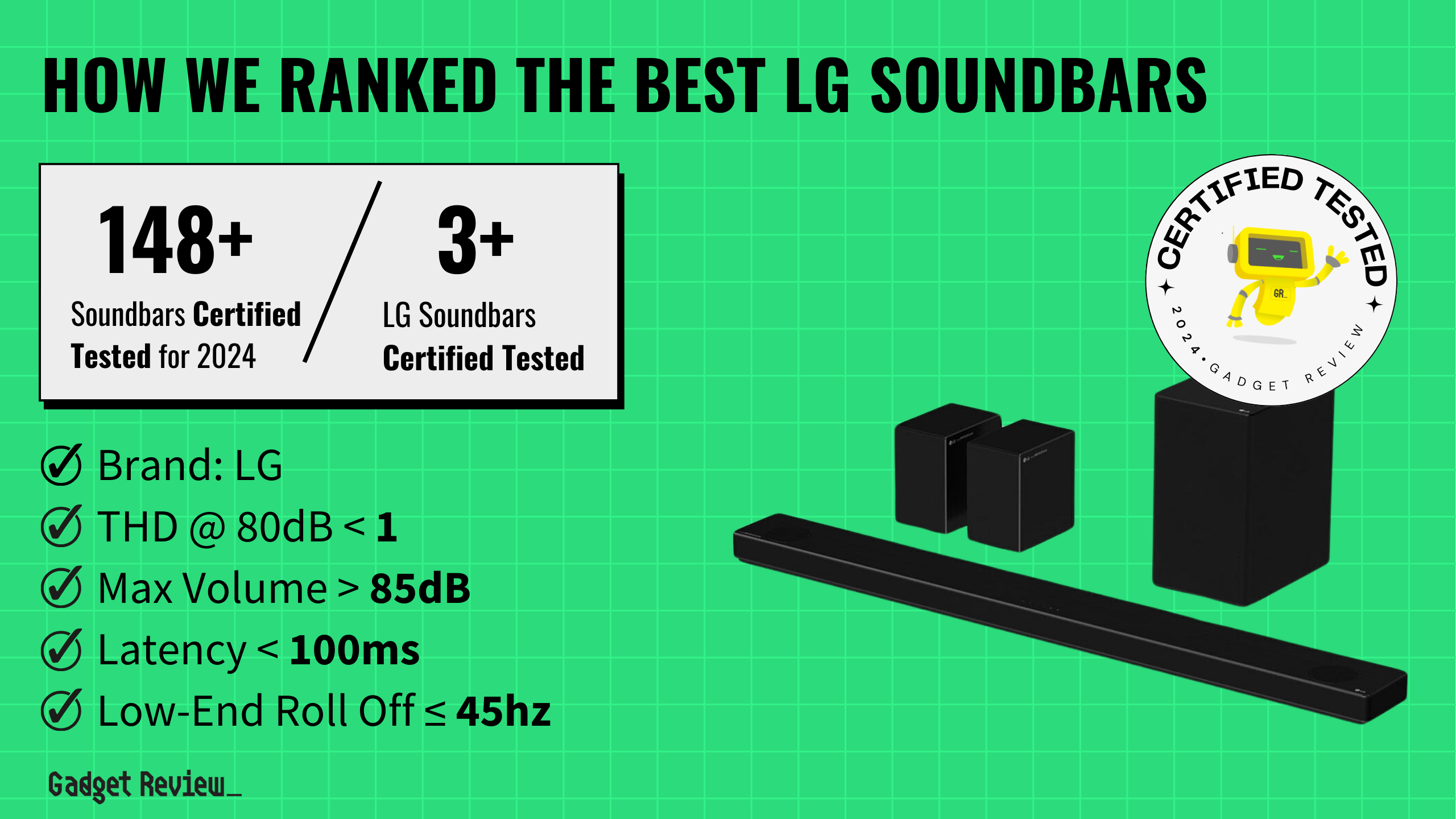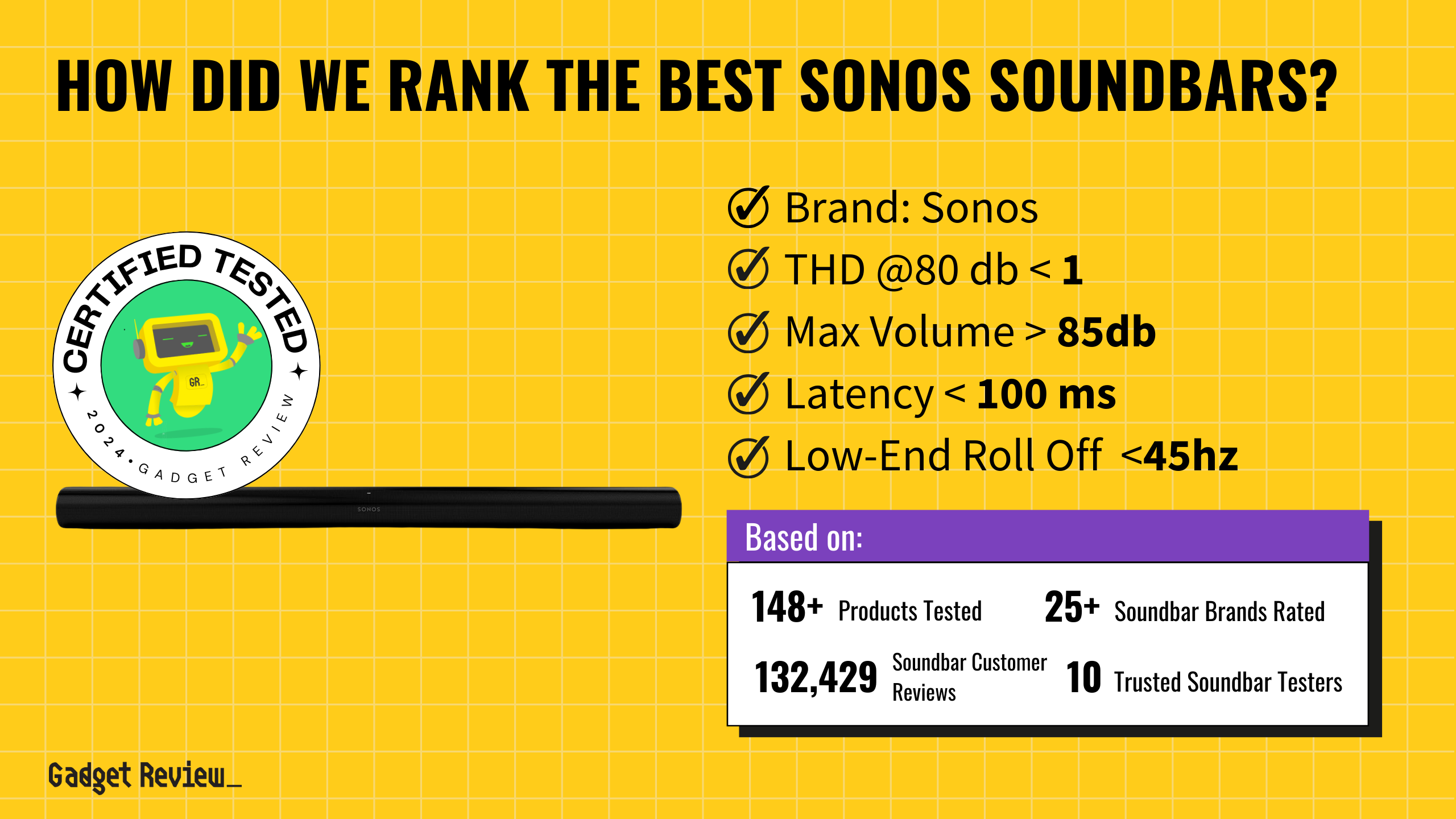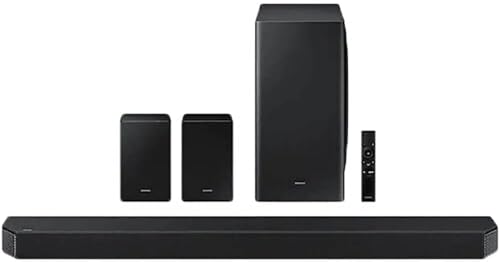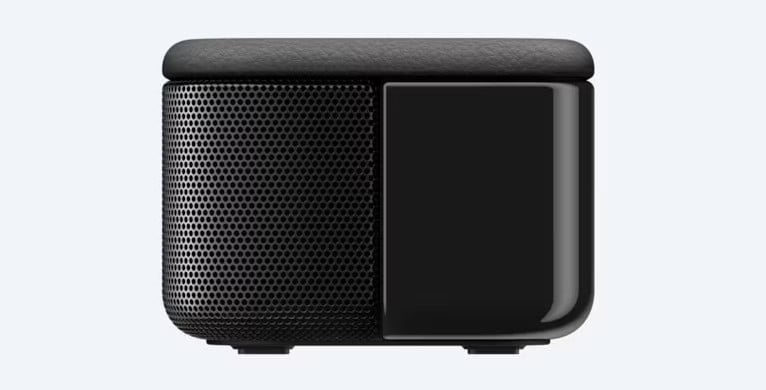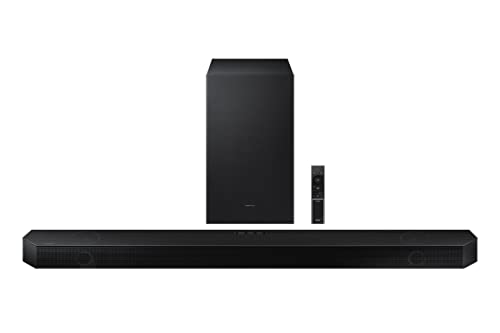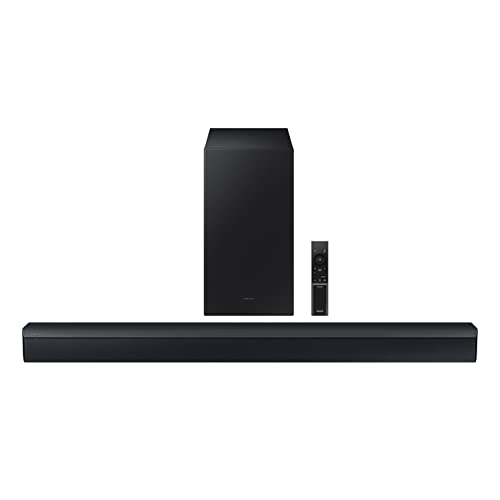Choosing the right soundbar is essential when you want to elevate your audio experience, especially if you’re focused on sound quality and reliable connectivity. With 152 soundbars analyzed and 412,270 reviews scrutinized, we’ve filtered out 92% of experts who weren’t trustworthy, highlighting only the five best soundbars that stood out in our guide. Our unique approach combines the use of True Score and a proprietary Trust Rating system to ensure that only verified products and genuine reviews shape our recommendations. The winning soundbars have excelled in tests for sound quality, connectivity, and usability, offering you a top-tier listening experience.
How Did We Rank the Best Soundbars?
The best soundbars must meet or exceed multiple criteria, but not every soundbar on our list meets every point we’ve laid out. Some excel in max volume and bass, while others feature crystal-clear, distortion-free playback and have airy, sparkly playback. Fortunately, each soundbar on this list does do well enough to be a good choice for anything you throw at it – some are just better suited to one task than another.
The best soundbars meet or exceed some of these criteria:
| CRITERIA | RANGE | REQUIRED | DEFINITION |
|---|---|---|---|
| Low End Roll Off | < 45 Hz | Yes | The point at which treble begins to sharply fall below the target response point on a frequency response graph, making it harder to hear. |
| High End Roll Off | > 10 kHz | Yes | The maximum volume that a soundbar reaches when its output it turned up to 100%. |
| Max Volume | > 85 dB | Yes | The time it takes for a soundbar to process the audio signal from a source and output it through the speakers. |
| Latency | < 100 ms | No (nice to have) | The amount of distortion introduced by the soundbar when it processes an audio signal at a given volume (typically 80, 85, or maximum dB output.) |
| Total Harmonic Distortion | < 1 | No (nice to have) | The amount of distortion introduced by the soundbar when it processes an audio signal at a given volume (typically 80, 85 or maximum dB output.) |
Our commitment to unbiased reviews is powered by our ‘True Score’ system, targeting low-quality and fake reviews. When you shop through our links, you’re backing our mission. Dive deeper to see how.
Latest Updates
- 08/09/2024: Republished the list to include the best soundbars based on our True Score system.
Top Soundbars For 2025
Prices accurate at the time of publishing

Our Approach to Analyzing Soundbars
We’ve redefined soundbar buying guides, setting us apart from any other site on the planet. Our unique approach uses a comprehensive dataset from trusted sites, focusing on key testing metrics like low-end roll-off, maximum volume, and latency.
We aggregate and analyze this data, ensuring our recommendations meet the specific needs. Specifically, when it comes to the best soundbars, this involves selecting models that deliver optimal sound quality and enough volume output to fill any room in your home with sound.
Which Criteria Matter for Testing Soundbars?
By focusing on these criteria, anyone can quickly and easily compare these soundbars and how they’ll perform.
| CRITERIA | RANGE | REQUIRED | DEFINITION |
|---|---|---|---|
| Low End Roll Off | < 45 Hz | Yes | The point at which treble begins to sharply fall below the target response point on a frequency response graph, making it harder to hear. |
| High End Roll Off | > 10 kHz | Yes | The maximum volume that a soundbar reaches when its output it turned up to 100%. |
| Max Volume | > 85 dB | Yes | The time it takes for a soundbar to process the audio signal from a source and output it through the speakers. |
| Latency | < 100 ms | No (nice to have) | The amount of distortion introduced by the soundbar when it processes an audio signal at a given volume (typically 80, 85, or maximum dB output.) |
| Total Harmonic Distortion | < 1 | No (nice to have) | The amount of distortion introduced by the soundbar when it processes an audio signal at a given volume (typically 80, 85 or maximum dB output.) |
Our Trusted Data Sources
We looked at 110+ soundbar reviewers, and while 8 are trustworthy (60%+ Trust Rating), we only use data from the testers that are “very trusted” which means a Trust Rating above 70%. The three we have listed below are our most trusted for soundbars, along with our own in-house soundbar expert.
- Evan Shepard – Gadget Review
- Becca Fischer – Rtings, MuckRack
- Matt Bento- Techgear Lab, MuckRack
- Brent Butterworth – Wirecutter
Interested in a comprehensive analysis of our data sources? We’ve got you covered. Below, you’ll find a detailed list of every TV review website we’ve identified, organized by their respective Trust Ratings from highest to lowest. But we didn’t stop there. We’ve meticulously reviewed each publication and verified the data by checking whether the authors have bio links to MuckRack or LinkedIn. We’re committed to not only checking the facts but ensuring their veracity.
Soundbar Test Data & Results
1. Low end roll off test result
When it comes to getting the most bass you can out of your soundbar, low-end roll-off is a great indicator of just how deep the bass on it can get. If a soundbar doesn’t have a roll-off that starts deep enough into the bass part of the audio spectrum, then it’ll result in quiet or even absent bass, which removes most of the punch and impact of not only music but also movies and video games. the longer it takes the bass to roll off, the better.
When it comes to most soundbars for most use cases, we recommend a roll-off that doesn’t start until at least 45 Hz, but it only gets better the further you go down. It’s worth noting that the roll-off will only get so low, so don’t expect to find soundbars hitting the teens for roll-off, but it isn’t uncommon for very bass-forward options to hit 30 Hz before roll-off starts. By aiming for at least 45 Hz, you have a much better chance of getting the deep, rumbling bass you’re looking for out of your music, movies, or games.
Low end roll off
< 45 Hz
Acceptable range of performance
Definition: The point at which bass begins to sharply decline and becomes rapidly inaudible.
Units of Measurement: Hz (Hertz)
Tools to Measure: Oscilloscope
Why It’s Important:
If bass takes longer to start rolling off, it’ll generally be more present in the audible parts of the audio spectrum put out by a soundbar, giving sound “punch” and “depth.”
Low-end roll-off (in Hz; lower is better)
2. High end roll off test result
High end roll off
> 10 kHz
Acceptable range of performance
Definition: The point at which treble begins to sharply decline and becomes inaudible.
Units of Measurement: Hz (Hertz)
Tools to Measure: Oscilloscope
Why It’s Important:
If treble takes longer to start rolling off, it’ll generally be more present in the audible parts of the audio spectrum put out by a soundbar, giving sound “airiness” and “sparkle.”
On the other end of the audio spectrum lives treble, and the sounds that live up here are responsible for giving music and movie soundtracks what is commonly called “airiness” or “sparkle.” High-end roll off helps identify where treble will start to lose presence and become inaudible, and cause the “sparkle” of audio to fade away. Heavy cymbal work, birds chirping, and violins all live in the treble part of the sound, and if roll-off starts too soon, these sounds get very hard to hear by either getting lost in the mix or fading into the background.
To avoid this, we recommend looking for roll-off that starts past 10,000 Hz. Past this point, sounds start to get harder and harder for the human ear to pick up, and while the sounds that live very high in the audio spectrum are responsible for creating that “airiness”, past a certain point they become almost indistinguishable. By making sure your soundbar’s roll-off starts around 10kHz, you have a much better shot at capturing most of the “useful” parts of the treble part of the spectrum, meaning that your music and movie soundtracks will have the presence and clarity that makes them sound great.
High end roll-off (in Hz; high is better)
3. max volume test result
Maximum volume is the easiest aspect of a soundbar to understand: it’s just how loud the soundbar itself will actually get. What’s less clear is why a soundbar getting loud is so important. While higher max volumes give you the ability the fill rooms with sound or use a soundbar as makeshift party speakers, they’re also responsible for helping ensure that audio stays clear when listening at normal listening levels.
This is commonly referred to as “headroom”, and having enough headroom on a soundbar means that the soundbar is able to play back sounds at a high enough level (and with good enough clarity) that the volume level you’ll normally listen to music, movies or games with will sound perfectly clear and distortion-free. We recommend your soundbar have no less than 85 dB of maximum volume, but getting past 91 dB is ideal, and the higher you go, the better your soundbar is at filling larger and larger rooms.
max volume
>85 dB
Acceptable range of performance
Definition: The maximum volume that a soundbar is able to hit when the output is turned all the way up.
Units of Measurement: dB (Decibels)
Tools to Measure: Sound level or decibel meter
Why It’s Important:
Max volume is how you ensure you’ve got enough volume to fill large rooms and helps ensure clarity at normal listening levels.
Max Volume (in dB; higher is better)
4. latency test result
latency
< 100 ms
Acceptable range of performance
Definition: Time it takes for the soundbar to process and produce the sound it receives from the source
Units of Measurement: milliseconds (ms)
Tools to Measure: Software
Why It’s Important:
Long delays create mismatches between audio and video, which breaks immersion and frustrates gamers.
Large amounts of latency create problems when trying to sync up audio and video. While you’ve got a bit of wiggle room with how much of a delay can exist between the audio that comes out of your soundbar and the images on your TV, it’s not a ton. If there’s too much latency the mismatch starts to become obvious, and people start looking like they stopped talking while dialogue is still playing. This is especially concerning for gamers, who rely on audio and video to sync up well enough that the footprints you hear around the corner are accurately getting closer.
It’s for these reasons we recommend a latency of less than 100 ms. For most content, this is a low enough delay that any mismatch is going to be largely unnoticed. If you’re a highly competitive gamer and don’t want to do calibration out of the box to line up the A/V, the lowest latency you can find is going to work best. For music and moves, though, 100 ms or less will work great.
Latency (in milliseconds; lower is better)
5. total harmonic distortion test result
Total Harmonic Distortion (THD) measures the fidelity of soundbars by indicating the percentage of unwanted harmonics added to the original audio. A THD under 1 ensures minimal distortion, critical for preserving audio quality across music, movies, and games. This low distortion level enhances clarity, maintains detail, and ensures a high-fidelity listening experience, crucial for understanding dialogues, appreciating music nuances, and immersive in-game sounds.
We believe soundbars should have less than 1% THD because this helps confirm their ability to accurately reproduce a wide range of audio without perceptible distortion. We say “perceptible” because it’s impossible to remove all distortion, but you can reduce it to the point it’s impossible to notice. Low THD also helps improve your comfort by preventing fatigue during extended use, making it essential for anyone who marathons movies, games, or music.
harmonic distortion
< 1
Acceptable range of performance
Definition: The amount of distortion that exists in an audio signal when it is played back at a target volume.
Units of Measurement: None or %
Tools to Measure: Audio Analyzer
Why It’s Important:
High levels of distortion ruin audio quality. Keeping distortion low helps keep music accurate and high-fidelity.
Total Harmonic Distortion (lower is better)
Best Soundbars: Mistakes To Avoid
- Ignoring Room Size and Layout: The acoustics of a room can significantly affect how a soundbar performs. A soundbar that’s perfect for a small, enclosed room might not be powerful enough for a large, open room, leading to a lackluster audio experience. Conversely, a high-powered soundbar in a small room can produce overwhelming bass or echoing, making the sound quality unpleasant. Choose a soundbar that suits the size and layout of your room, including considering factors like ceiling height, wall materials, and furniture placement. When comparing a soundbar vs. a surround sound system, remember that a surround sound system may offer a more immersive experience in larger rooms, whereas a soundbar is often more practical for smaller spaces. Similarly, deciding between a soundbar vs. bookshelf speakers depends on your specific needs; bookshelf speakers can provide excellent audio quality for music but may lack the simplicity and space-saving design of a soundbar for TV and movie audio.
- Overlooking Connectivity Options: Ensuring proper connectivity is crucial for integrating a soundbar into your entertainment setup. Common connections include HDMI ARC and Bluetooth. HDMI ARC offers easy control and better audio quality, optical inputs for digital sound, and Bluetooth for wireless streaming. And if you don’t have HDMI ARC, we have a guide on connecting your soundbar without ARC as well. Some soundbars also offer Wi-Fi for multi-room audio. Without these inputs, you may face compatibility issues, such as being unable to connect your TV, game console, or streaming device, or missing out on features like voice control and app integration. Additionally, for better aesthetics, learn how to hide soundbar wires.
- Overlooking Subwoofer Inclusion or Compatibility: A subwoofer can significantly enhance the depth and richness of your soundbar’s audio, particularly in the lower frequency range. Some soundbars come with a subwoofer included, while others may require you to purchase one separately. Knowing how to connect a subwoofer to your soundbar is crucial for optimal performance, as improper connections can lead to poor sound quality. Additionally, consider whether the subwoofer is wired or wireless, as this can affect placement flexibility and ease of setup. Ignoring this aspect can result in a soundbar that lacks the bass response needed for a fully immersive experience, especially when watching action movies or listening to bass-heavy music. Understanding why your soundbar keeps cutting out can help maintain a smooth audio experience; this issue often arises from signal interference or unstable connections. Similarly, addressing why your soundbar keeps turning off can prevent interruptions, which may be caused by power-saving settings or an inconsistent power supply.
- Focusing Only on Price or Brand: While a well-known brand or a high price tag can indicate quality, they don’t always guarantee it. Some lesser-known brands offer excellent products at more competitive prices. Evaluate each soundbar based on its specific features, audio quality, and user reviews. Consider the soundbar’s specs, such as speaker configuration (e.g., 2.1, 3.1, 5.1 channels), wattage, and support for advanced audio formats like Dolby Atmos or DTS. Also, look at reviews from both experts and users to get a well-rounded understanding of the product’s performance and reliability.
The Best Soundbar Tests Compared
Product |
True Score
|
Low End Roll Off
|
High End Roll Off
|
Max Volume Test
|
Latency
|
THD @ 80dB
| |
|---|---|---|---|---|---|---|---|
| 89 |
|
|
|
|
| $1,935.87 |
| 86 |
|
|
|
|
| $647.95 $998 $350 |
| 84 |
|
|
|
|
| $139.99 $160 $20 |
| 80 |
|
|
|
|
| $349.99 $500 $150 |
| 77 |
|
|
|
|
| $240.99 $600 $359 |


